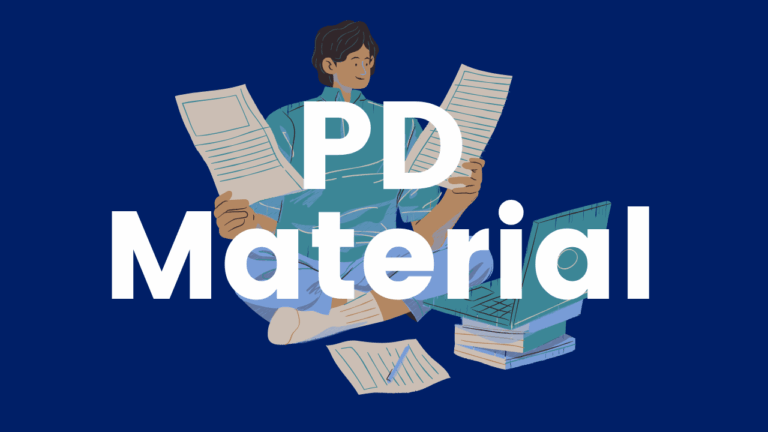Girls and Boys on Television
This tailored instructional content guides educators in facilitating a lesson where students discuss children’s television programming and its portrayal of gender roles. Through discussions, students identify unfavourable aspects in these portrayals and craft their TV characters that challenge these negative representations. The lesson draws from research by Maya Götz from the International Central Institute for…






